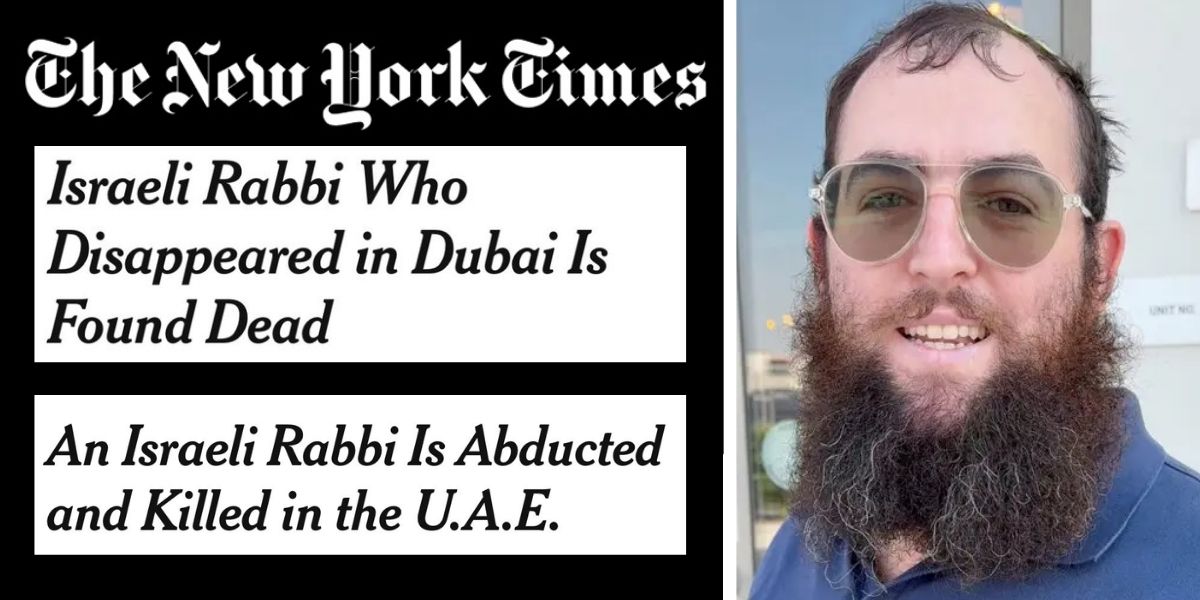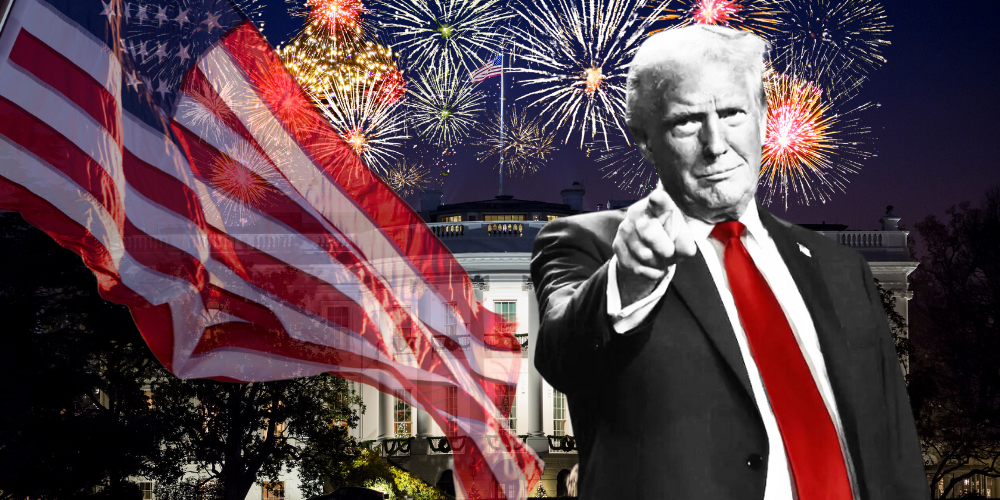The modern American left will someday be remembered as one of history???s truly ???odd ducks.??? Unlike many of the redistributionist movements of the past, American leftism has managed to melt diametrically opposed concepts, such as ???individual liberty??? and ???government-mandated equality,??? into a singular, conflicting political platform.
On the one hand, the leftist says every American needs to respect the rights of homosexual couples. Christians and others shouldn???t impose their own moral and philosophical framework on the rest of society, they say. Liberty should be respected.
On the other hand, the same leftist would tell the Christian owners of a business, as was the case with Hobby Lobby, they must financially support their employees??? abortions even though it clearly violates the owners??? religious beliefs.
The entire leftist movement has been built on this very shaky foundation. It???s not as though American liberalism holds fast to a set of concrete principles???they clearly don???t. The whole enterprise is dependent on convincing as many groups as possible that the rest of the world has it out for them and that salvation rests in faith in the left???s quasi-socialistic experiment.
In other words, the ends always justify the means for the leftist movement, principles be damned.
It???s within this framework that liberals have been making a concerted effort to destroy their enemies???those who support liberty and individual choice. This is conducted in a variety of ways, but one of the most essential tactics has been to create the false narrative that those who support liberty do so only because they are interested in making the rich richer and keeping the poor poorer. The actual policy arguments made by pro-liberty politicians, think tanks, associations, and individuals are all really just tricks designed to help an often faceless old, rich, white man who is pulling the strings behind a cigar-smoke-filled curtain.
The only solution to this problem, the left argues, is for there to be ???more transparency.??? If big, evil corporations are really the ones controlling the country, the only way to stop these greedy individuals is to force them out from behind the shadows, exposing the ???dark money??? they give to countless think tanks, political associations, and pro-liberty movements.
This very strategy was recently used by leftist groups like Greenpeace and their media allies, notably The New York Times, to smear Dr. Willie Soon, an astrophysicist at the Harvard-Smithsonian Center for Astrophysics who is skeptical of the theory of manmade global warming. The Times accused Soon, who not-so-coincidently co-authored a highly influential peer-reviewed paper in Science Bulletin earlier this year undermining various claims made by climate change alarmists, of being biased and deliberately misleading readers by failing to disclose in his published work that some of the funding received by the Smithsonian for his work has come from the oil and natural gas industry.
The Times story resulted in Rep. Raul Grijalva (D-AZ) sending letters to numerous climate scientists demanding they too disclose all of their funding sources, as if the merits of an idea ought to be measured based upon the perceived quality of the funding sources.
Leftist causes, of course, are also connected to numerous industries and wealthy backers. Any an unbiased person with access to the Internet could quickly find all sorts of undisclosed connections between mega-rich leftist George Soros and countless liberal causes.
It???s obvious then that the purpose of the left???s attack on people like Soon is not motivated by principles, but is instead another ends-justify-the-means assault on the free speech of those the left disagrees with. For many American liberals, you only have rights if you agree with their causes. If you disagree, you need to be silenced???and quickly.
The organized plan by the left, which was ironically likely formulated in a cigar-smoke-filled room, is to silence critics through intimidation under the guise of transparency. In order to protect against these assaults, legal protections are desperately needed that shield supporters of political movements, on all sides of every political debate, from intimidation and retaliation.
Nick Dranias, constitutional scholar and a policy advisor for The Heartland Institute, recently published a Policy Study with Heartland that provides several methods for protecting Americans??? First Amendment rights to political speech without being retaliated against. The study, titled ???In Defense of Private Civic Engagement: Why the Assault on ???Dark Money??? Threatens Free Speech???and How to Stop the Assault,??? suggests the passage of two important pieces of legislation that would stop the left???s plan to undermine pro-liberty causes by attacking individuals rather than the ideas themselves.
The first of Dranias???s proposals, dubbed the ???Free Speech Privacy Act,??? would act as a ???federalism shield??? for free speech, ???prohibiting the enforcement [by the states] of any law directly or indirectly conditioning the exercise of the rights of free speech and association on the disclosure of the identity of a person or entity who fears a reasonable probability of social, political, or economic retaliation from such disclosure.???
The second proposed reform, named the ???Publius Confidentiality Act,??? would allow any individual to register a confidential identifier for use in political activities. This would make it even more difficult for groups to retaliate using personal attacks against people they disagree with. It was inspired by identity shield laws that protect victims of domestic violence.
These reforms would ensure people could freely donate funds or engage in political activities without fear of being ???exposed??? for simply exercising their guaranteed freedoms, a principle that was an essential part of the United States??? founding.
Such measures would force all people across the political spectrum to battle with the ideas of others rather than resort to the petty, ugly intimidation tactics that have become commonplace in modern America.
Justin Haskins ([email protected]) is the editor of The Heartland Institute, a leading free-market think tank headquartered in Chicago, and the editor-in-chief of the New Revere Daily Press. Opinions are his own.




